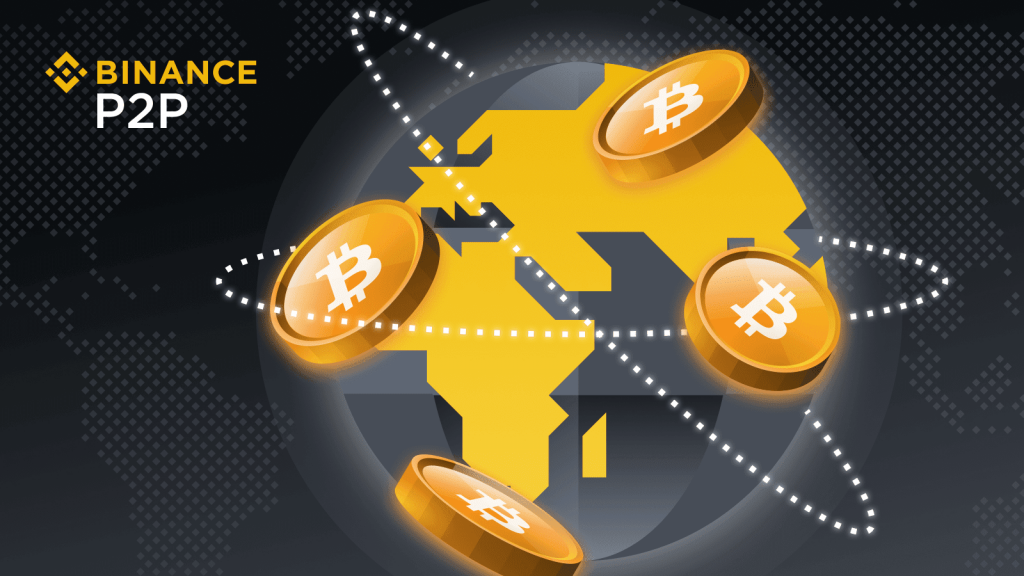This topic is a one-stop solution as it provides a comprehensive guide to the role of P2P in blockchain – one of the most popular mechanisms now.
What is P2P in blockchain
A peer-to-peer network, commonly known as P2P, is a decentralized network communication model consisting of a group of devices (nodes) that collectively store and share files where each node acts as an individual peer. In this network, P2P communication is done without any central administration or servers, which means that all nodes have equal power and perform the same tasks.

Type of p2p in Blockchain
The P2P architecture is suitable for a wide variety of use cases and can be classified into structured, unstructured, and hybrid peer-to-peer networks. Unstructured peer-to-peer networks are formed by randomly connected nodes, but they are no more efficient than structured networks. In structured peer-to-peer systems, the nodes are organized and every node can efficiently search for the desired data on the network. Hybrid models are really a hybrid of P2P and client-server models, and when compared to structured and unstructured P2P systems, these networks tend to improve performance overall. Today, the P2P network is the foundation of most cryptocurrencies, thus making up a significant portion of the blockchain industry. Want to have in-depth knowledge of Blockchain technology? Check out the best blockchain certification courses available today.

The critical role of p2p in blockchain
P2P is a technology based on a very simple principle and that is the concept of decentralization. The blockchain’s peer-to-peer architecture allows the transfer of all cryptocurrencies around the world without any middleman or middlemen or central server. With a distributed peer-to-peer network, anyone who wants to participate in the verification and validation of blocks can set up a Bitcoin node. Blockchain is a decentralized ledger that tracks one or more digital assets on a peer-to-peer network. When we say peer-to-peer network, it means a decentralized peer-to-peer network where all the computers are connected in some way and each computer maintains a complete copy of the ledger and compares it. Compare it with other devices to make sure the data is correct. This is unlike banking, where transactions are privately stored and managed only by the bank. Want to implement blockchain on business applications? Get started with blockchain certification courses now.

Advantages and disadvantages of P2P
Advantages of P2P in blockchain
As blockchain is a decentralized system of peer-to-peer network, it is very readily available due to its decentralization.
Because of P2P networking, even if one peer goes down, other peers are still present. So no one can remove the blockchain.
P2P networks provide greater security than traditional client-server systems.
When you are using the cloud to store your data, you need to trust AWS and Google drive, but with blockchain, because blockchain uses a peer-to-peer network, you don’t need to trust any third party which can modify your important data. They are not resistant to censorship by central authorities.
These networks are virtually immune to Denial of Service (DoS) attacks.
Distributed peer-to-peer networks, when paired with the requirement of majority consensus, give blockchains a relatively high degree of resistance to malicious activity.
Disadvantages of P2P in blockchain
However, the P2P network in the blockchain raises some concerns. As in blockchain, instead of a central server, distributed ledgers must be updated on every node, adding transactions requires a significant amount of computing power. While this provides a higher level of security, it greatly reduces efficiency and this acts as one of the main obstacles to scalability and mass adoption.
From file sharing networks to energy trading platforms, P2P systems can serve a number of other distributed computing applications. P2P is at the core of the blockchain that makes cryptocurrency possible because its architecture provides decentralization, security, and eliminates reliance on third parties.
Want to know more about P2P implementation in blockchain as well as blockchain – contact us here!
Contact us if you have any queries about Blockchain development services, dApps development, NFT marketplace development, Crypto wallet development, Smart contracts development.

